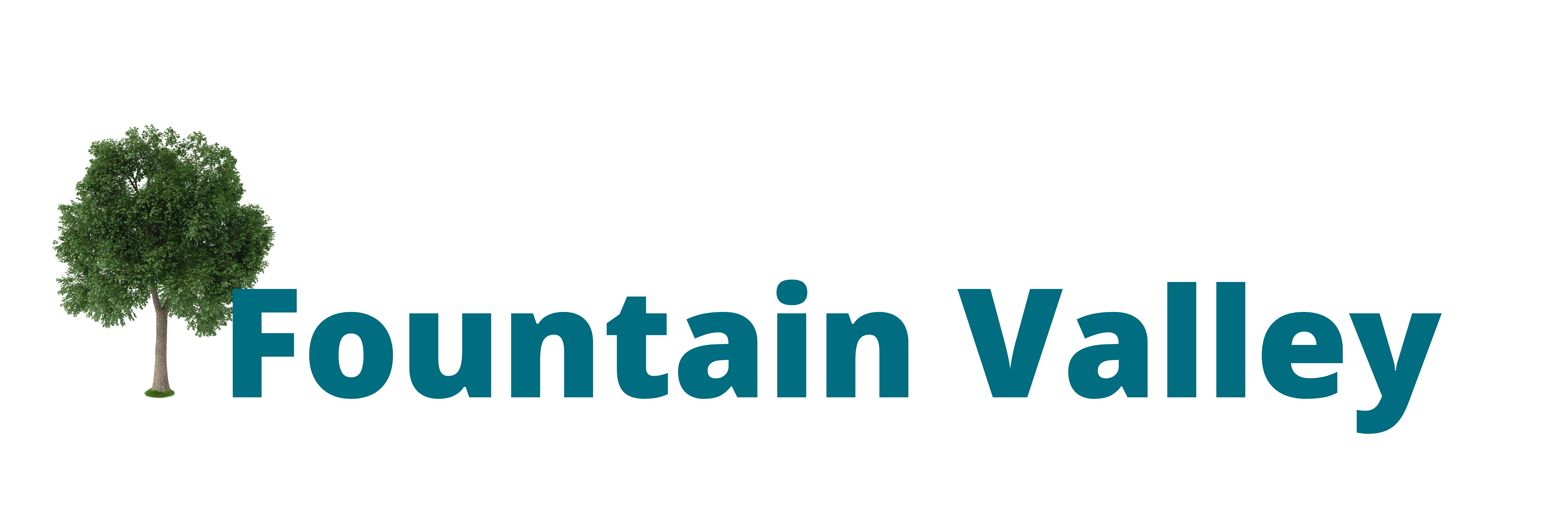
The second line of evidence implicating serotonin in the development of alcohol abuse stems from studies of compounds that interfere with the functions of the transporters that remove serotonin from the synapse. These agents also are called selective serotonin reuptake inhibitors (SSRI’s). One of these agents, fluoxetine (Prozac®), is used widely for treating mood disorders, such as depression (Baldessarini 1996). Experimental animals treated with this and related compounds exhibited reduced alcohol consumption (LeMarquand et al. 1994b; Pettinati 1996). Similarly, alcoholics taking fluoxetine drank less frequently and reduced their alcohol consumption during drinking sessions (LeMarquand et al. 1994a; Litten et al. 1996; Naranjo and Bremner 1994; Pettinati 1996).
Dr. Sanil Rege

To gain information about serotonin levels in the brain, physicians and researchers have measured the concentrations of serotonin breakdown products generated after the neurotransmitter has been removed from the synapse (i.e., serotonin metabolites). One small study in 2012 suggests that sleep deprivation can lead to a noticeable reduction in the availability of dopamine receptors in the morning. Also, thinking takes much more effort than we realize, with our brains using about 20% of our total calories consumed.

Natural Ways to Balance Dopamine Levels
Do the brain’s dopamine levels and reward center ever return to normal after drug use stops? Recently, scientists have discovered that after long periods of abstinence from alcohol and other drugs, the brain’s physiology does begin to return to normal. By maintaining lower dopamine levels in the brain, dopamine receptors can start returning to higher, normal levels. Increasing the number of dopamine receptors to normal levels reduces impulsivity and anhedonia symptoms. Additionally, abstinence from drugs and alcohol for a year or longer has been shown to allow the brain to begin repairing structural damage caused by drug toxicity, which in turn improves cognitive function and allows chemically dependent patients to exert stronger self-control. Apart from the dopamine pathways, the addiction to alcohol has also been suggested through the serotonin pathways.
- Dopamine D2 receptor antagonists have been studied in human laboratory studies involving alcohol administration in dependent individuals and found to be effective in reducing craving.
- Excessive alcohol use is responsible for 2.3 million years of potential life lost (YPLL) annually, or an average of about 30 years of potential life lost for each death.
- The current study indicates that long-term alcohol consumption decreased dopamine release in the putamen of male rhesus macaques (regardless of abstinence status) and in the caudate of the multiple abstinence monkeys.
- Such efforts are hampered by inadequate funding, so collaborative efforts on a national scale, combining the skills and infrastructures of different hospitals and psychiatric care centers could potentially overcome this problem.
- Parkinson’s UK estimates that 1 in 37 people in the UK will be diagnosed in their lifetime, with approximately 145,000 people living with the condition in 2020.
- Unlock a secret to managing ADHD with a “dopamenu” – a creative way to boost dopamine levels and transform your daily routine for better focus, motivation, and joy.
What are the short and long-term effects of alcohol use on your brain and body?
However, we found no significant differences in the cholinergic contribution to dopamine release between multiple abstinence and control males in Cohort 3 but we did find a trend toward reduced cholinergic driven dopamine release in the putamen of alcohol-consuming subjects. Similarly, in a limited set of putamen slices from the female cohort, we observed a potential reduction in cholinergic driven dopamine release in alcohol monkeys relative to controls (Fig. S1). Once isolated from cholinergic influence, dopamine terminals from the multiple abstinence male subjects in control and alcohol treatment groups responded similarly to varying frequency stimulation.
There’s no single cause of addiction

These changes may disrupt cognition and possibly contribute to alcohol-induced memory loss and impaired judgment. Dopamine antagonists are drugs that bind to dopamine receptors to block the action of dopamine in the brain. Detox will clear the alcohol from your system, helping your brain does alcohol trigger dopamine to re-achieve balance. Dopamine production will return to normal, and other parts of the recovery program will offer things that will help your brain boost dopamine levels without chemicals. Therapy sessions will teach you coping techniques to deal with the triggers that fuel drinking.
- Many substances that relay signals among neurons (i.e., neurotransmitters) are affected by alcohol.
- Furthermore, repeated systemic aripiprazole administration decreases alcohol intake in alcohol‐preferring rats [180], while single oral administration dose‐dependently decreases alcohol self‐administration in outbred rats [181].
You may also receive treatment for depression at the same time, as it is one of the primary withdrawal symptoms. As the VTA is a major nucleus of dopamine cell bodies, we explicitly assessed changes in connectivity with the VTA induced by depletion of dopamine precursors. Dopamine has also been implicated in schizophrenia and ADHD; the brain systems underlying these conditions (as well as substance abuse disorder) are complex. The activity of the dopamine system depends on the state of one’s dopamine receptors, and in people with these conditions, the chemical interacts with other factors in ways that have yet to be explained. While having a drink from time to time is unlikely to cause health problems, moderate or heavy drinking can impact the brain. The fourth pathway which interests us and is of note for alcohol addiction is the pathway of glutamate.

- The role of dopamine in AUD is complex and has been reviewed in detail elsewhere [10,11,12,13].
- Dopamine levels fall, and the euphoric buzz goes with it, but your brain is looking to regain the feeling caused by the increased level of dopamine.
- We further explored the effect of long-term ethanol consumption on striatal cholinergic systems by examining gene expression of several nAChR subunits (α4, α5, α7, and β2) and markers for cholinergic interneurons (ChAT and vAChT).
- Even low levels of alcohol can cause a surge of dopamine in the brain, making you feel wonderful – until it drops off as the alcohol digests and you feel worse.
- In support are the data showing that local administration of cabergoline into the VTA reduced alcohol‐seeking behaviour in rats [170].
- So the healthier your brain is, the better it can use dopamine effectively and communicate messages between nerve cells and the rest of your body.
- Similarly, we did not see any significant changes in mRNA levels of the nAChR subunits.
- Psychological dependence on alcohol develops because alcohol-related stimuli acquire excessive motivational properties that induce an intense desire to consume alcohol-containing beverages (i.e., craving).
- In outbred rodents, however, the effects on the mesolimbic dopamine system following chronic alcohol treatment are inconsistent [102].

